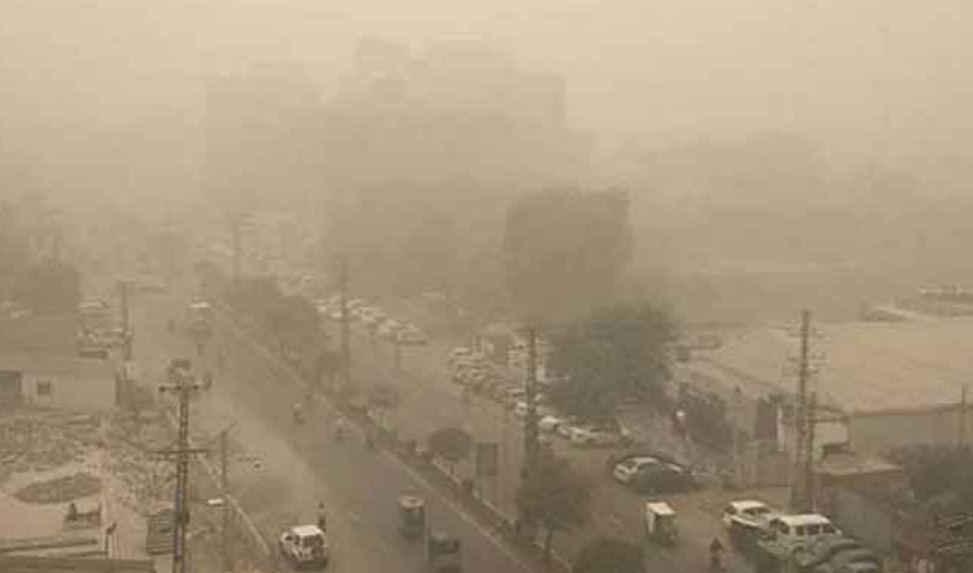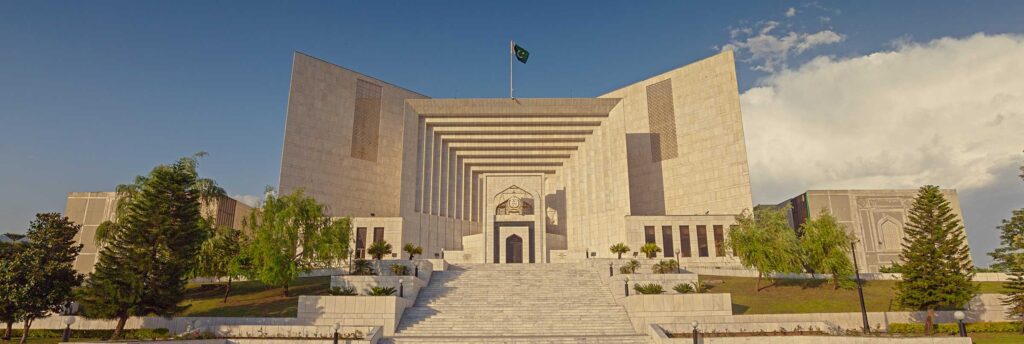Landmark Judgment by Lahore High Court on Smog
In a landmark decision aimed at combatting Lahore’s severe air pollution crisis, Justice Jawad Hassan of the Lahore High Court issued a historic order, highlighting the government’s duty to protect environmental health for future generations. This decision was in response to a petition filed on behalf of three-year-old child citizen Amal Sukhera, underscoring the judiciary’s commitment to securing a clean and healthy environment. The court’s order referenced the recently introduced Article 9-A of Pakistan’s Constitution, brought in by the 26th Amendment, which grants citizens the fundamental right to a clean and healthy environment. This landmark judgment emphasizes the state’s responsibility to protect natural resources and safeguard the environment not just for present citizens, but for future generations as well. Justice Hassan’s ruling drew on global environmental jurisprudence, notably citing the renowned Oposa v. Factoran case from the Philippines, where the Supreme Court recognized the principle of “intergenerational responsibility.” This principle, enshrined in the Lahore High Court’s decision, emphasizes that current generations hold a duty to protect environmental health for those yet unborn. The Oposa judgment set a precedent by affirming the rights of children to represent future generations, reinforcing the importance of safeguarding environmental resources. The Lahore High Court’s decision is a progressive step, aligning Pakistan’s environmental policies with globally recognized standards and enhancing legal frameworks for environmental protection. Justice Hassan directed the Punjab Environmental Protection Agency (EPA) and other provincial authorities to actively address air pollution caused by vehicular emissions, a primary contributor to Lahore’s deteriorating air quality. Additionally, he mandated that senior officials from the Environmental Protection Department and the EPA appear in court with an actionable report on steps taken to enforce air quality regulations. This judgment has set a new standard for environmental accountability in Pakistan, inspiring hope that the government will take significant steps to tackle the ongoing pollution crisis and ensure a sustainable future for generations to come.
Landmark Judgment by Lahore High Court on Smog Read More »


